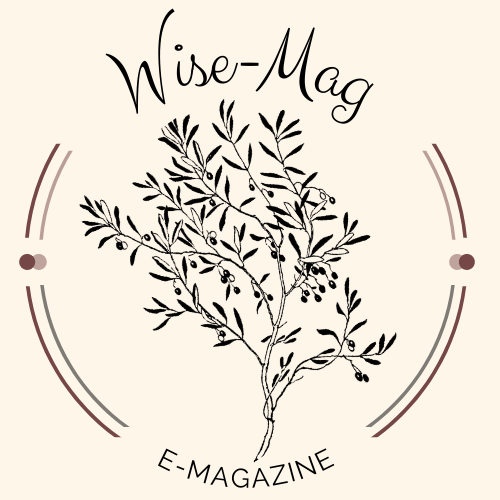What You Did not Know About Durian?

On my trip to Vietnam, I had the good fortune of trying their durian. Durian or the king of fruits is sold rampantly all over the streets of Vietnam. However, on the first bite, the durian tasted a bit off. It had this not fully ripe feels, was not sweet, slightly creamy and just did not taste like the durian we get in Malaysia.
So, I did some reading and I realised that the largest exporter of durian in the world is Thailand. Vietnam is not a large producer of durian but they do have trees growing there. Also, durian only thrives well in tropical countries and the price has been steadily increasing year to year due to the interest by the China market. Durians are highly sought after as gifts in the Chinese market.

As for durian consumption, the Thais and Vietnamese prefer durians that are not fully ripe. They pluck the durian off the trees before it ripens. On the other hand, Malaysians prefer fully ripe durians as they are more flavourful and creamy. Hence, it was not the durians problem but the way people there have it – the unripe version.
With the dawning of this information which I was not aware off, here are some more facts and info which are lesser known.
1. Durian is Technically a Berry

Botanically speaking, durian is not really a berry but falls into the category of capsular berry. That means it forms from a single ovary and has seeds embedded in soft flesh—just like tomatoes and bananas.
2. It contains the amino acid, tryptophan

Durian is rich in an amino acid known as tryptophan, which the body uses to produce serotonin and melatonin. These helps regulate mood and sleep—earning the fruit a moniker – “Nature’s Prozac.”
3. Durian Trees Are Pollinated by Bats

Fruit bats (flying foxes) are the primary pollinators of durian trees. The durian flowers have a strong smell and only bloom at night which makes it highly attractive to the bats.
4. Durian Has Antioxidants

Though research is early and limited, durian is known to contain antioxidant compounds, which may have anti-cancer, anti-aging, and anti-inflammatory effects.
5. Durian is Heaty and can be Dangerous to consume with Alcohol

In the Chinese belief, durian is considered as “heaty” food. It is thought to increase body heat, and people are often advised to balance it with “cooling” foods like mangosteen or drink lots of water. Avoid alcohol and other spicy meals as they are heaty and it may result one in falling ill.
There’s evidence that eating durian while drinking alcohol can interfere with the body’s ability to metabolize ethanol and this may increase sulphur content in the blood. This may potentially lead to nausea, bloating or in worse case scenario, fatality.
6. There Are Over 30 Species of Durian

Only a few are commonly eaten and planted on a commercial scale. There are many wild and lesser-known varieties—some of which are small, brightly colored flesh, or even odorless!
7. Durian causes Weight Gain

With an average 1 kg sized durian having close to 1,350 kcal, eating one durian can rack up as much as 68% of the daily 2,000 kcal recommended for an average adult! One seed of durian on an average has 54 kcal.
Reference
1. International Medical University (IMU). Can A Durian A Day Keep the Doctor Away?







